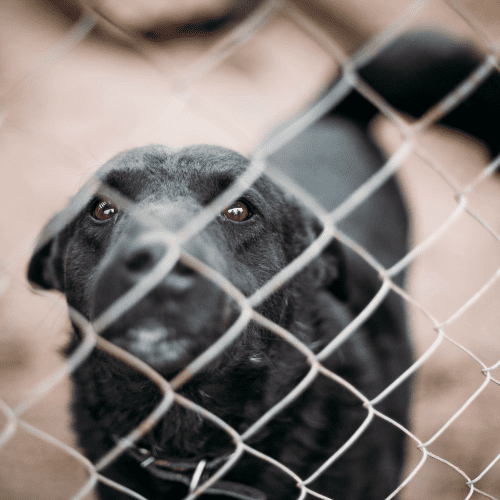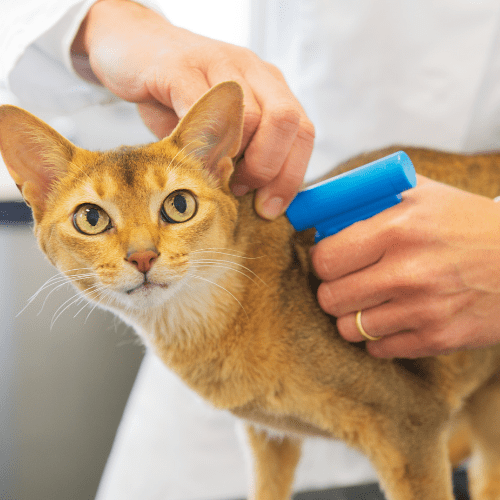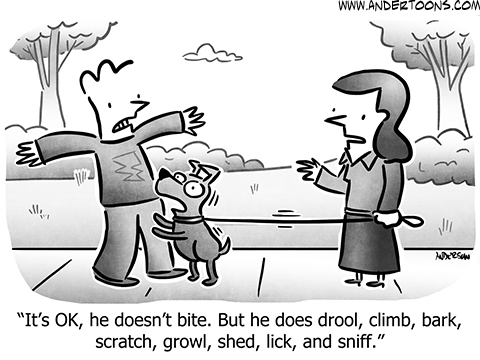Today, October 1st, is Black Dog Day! Did you know that black dogs have a harder time getting adopted than other pups? Just like black cats, they often suffer from bad PR. This is due to old misconceptions and superstitions associating them with witches and witchcraft. However, they are just as sweet and lovable as any other pooch! If you’re ready to get a new dog, please consider a black one. A Roanoke, VA vet discusses black dogs below.
The Folklore
Black dogs have been associated with many powerful myths. There actually are too many black dog legends to mention here, including the Black Dog ‘s the ferocious Black Shuck dog of Suffolk, in England, a menacing pup who was associated with storms. Black dogs also inspired the classic Hound of the Baskervilles, by Sidney Paget. The phrase ‘black dog’ has also become a euphemism for depression, which probably isn’t helping with the adoption issue.
Benefits of Adopting A Black Dog
Why adopt a black dog? First and foremost, their fur matches any outfit or décor. You may also notice that Fido’s fur looks clean and shiny, even when he is a bit dirty. (Note: This does not mean you should skip your pup’s grooming or baths.) You may also find that there’s something a bit mysterious about black dogs. Of course, the biggest reason to adopt Fido is because he’s a wonderful, loyal friend and companion.
Breeds
There are actually several breeds that can have full or partially black coats. First and foremost, would be the beloved Black Labrador, one of America’s favorite breeds. Others include the Black Russian Terrier, the Cane Corzo, Great Dane, and Bernese Mountain Dog. We think they’re all pretty great!
Celebrating
Do you have a black dog? This is a great time to show Fido some extra love. A special treat and/or a new toy are definitely in order. If you want to go all-out, listen to songs about black dogs, or watch the Patrick Swayze flick Black Dog. There are Black Dog apparel, coffee, and brewing companies, as well as several books about black dogs. You can also snap some photos of your canine companion, and share them on social media. Just be sure to choose a background that contrasts with your pup’s fur.
Is your pup due for an exam? Contact us, your Roanoke, VA animal clinic, today!






